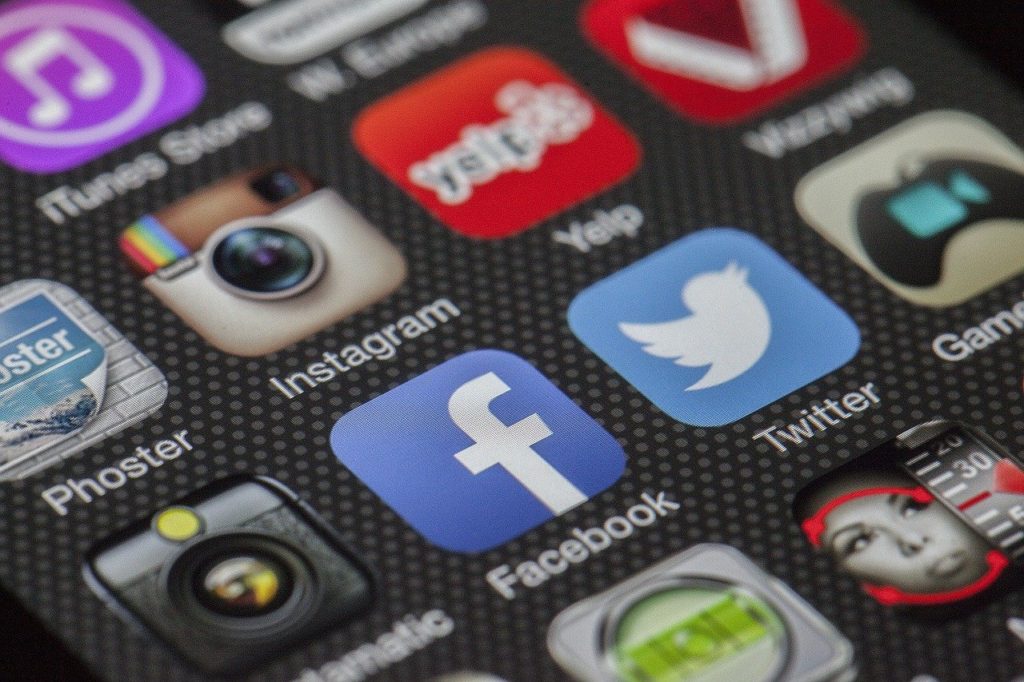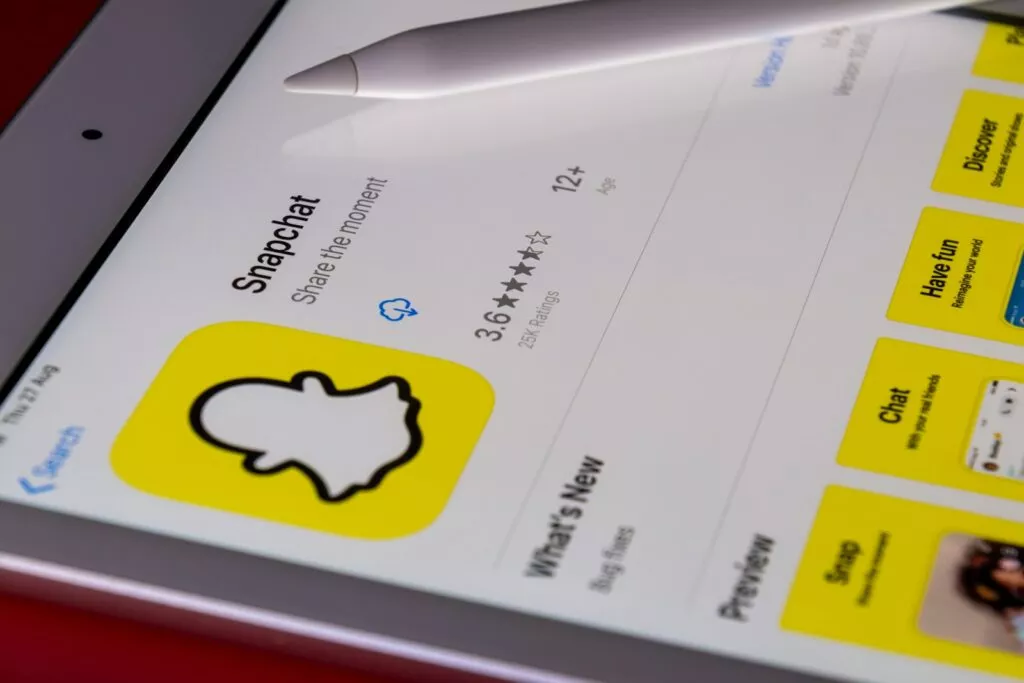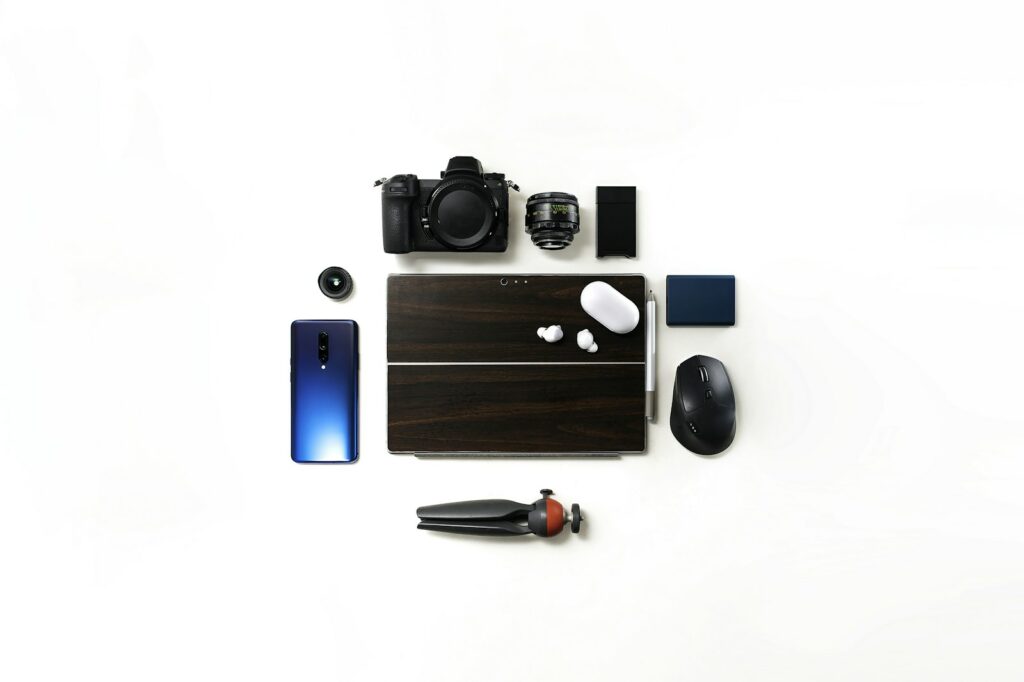There’s nothing worse than someone who buys followers on Instagram.
Apparently, Facebook agrees and that’s why the company is suing a follower farm and like lab based in New Zealand for $USD 9 million.

Buying followers or likes is a violation of Instagram’s Terms of Service, as DPReview notes, and the lawsuit alleges that the New Zealand company conspired to “to sell fake engagement services to Instagram users.”
Director of Platform Enforcement and Litigation Jessica Romero said of the lawsuit: “By filing the lawsuit, we are sending a message that this kind of fraudulent activity is not tolerated on our services, and we will act to protect the integrity of our platform. …Inauthentic activity has no place on our platform. That’s why we devote significant resources to detecting and stopping this behavior, including blocking the creation and use of fake accounts, and using machine learning technology to proactively find and remove inauthentic activity from Instagram.”
The lawsuit alleges three things: That the NZ company was “Engaging and profiting in the sale of fake likes, views and followers on Instagram,” violating Instagram’s terms of service and community standards, and violating the “Computer Fraud and Abuse Act and other California laws for distributing fake likes on Instagram even after their access was revoked and their accounts were suspended.”
Listed in the complaint are the company web addresses that acted as fronts for the service.
These include LikeSocial.co, Social10x.com, SocialEnvy.co, IGFamous.net, smseries.co.nz, and SocialSteeze.net.
In total, Facebook says these websites pulled in some $USD 9.5 million hocking bot followers and likes, hence why the company is seeking that same amount.
A lot of analysts are looking at this as a major move on Facebook’s part to quash the fake followers and likes industry that has grown up around its services. Other, more pessimistic people might point out that Facebook is simply consolidating this business into its own and that the company would rather have you spend money advertising your account with them instead of a third-party service.





1 Comment
This is very interesting. When I bought my desktop Mac a decade ago, Apple had to set up an account and, while I was standing in front of the display unit, the salesman triggered its built-in camera and displayed the product, asking if it was acceptable as an image of myself. Many people cover or block their computer camera lenses now. At about the same time (circa 2007), I set up a new bank account at a local credit union and the bank manager took (again, without asking permission) a picture of me… because it was a Homeland Security requirement, I was told… Surveillance is ubiquitous; sousveillance is still lagging behind.
This video 32 minutes long will suggest how such photos will be matched up with other personal data and your DNA.
https://www.youtube.com/watch?time_continue=1&v=PXLHdNlU3F8